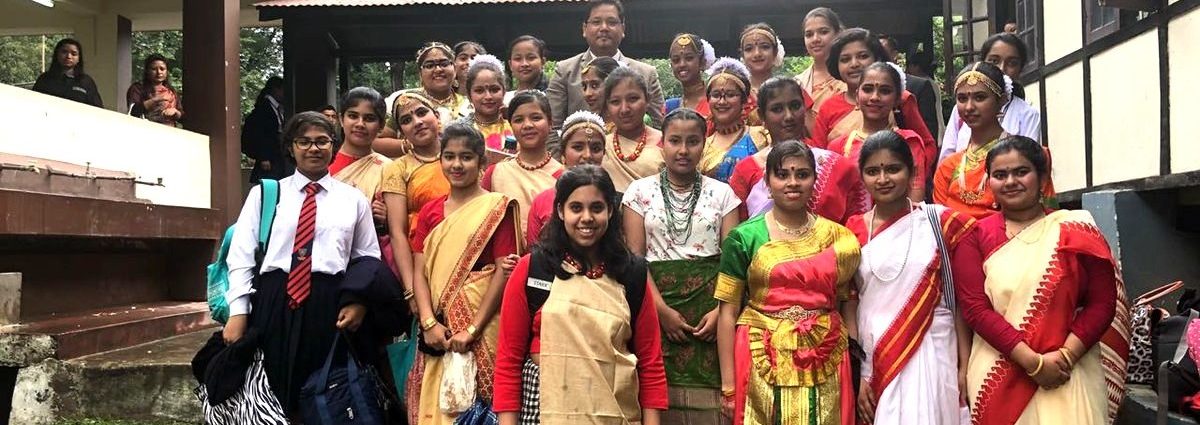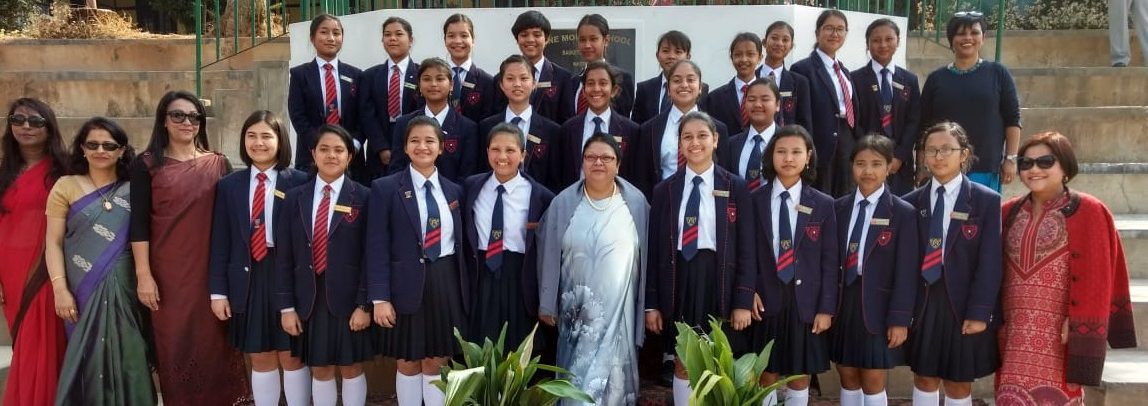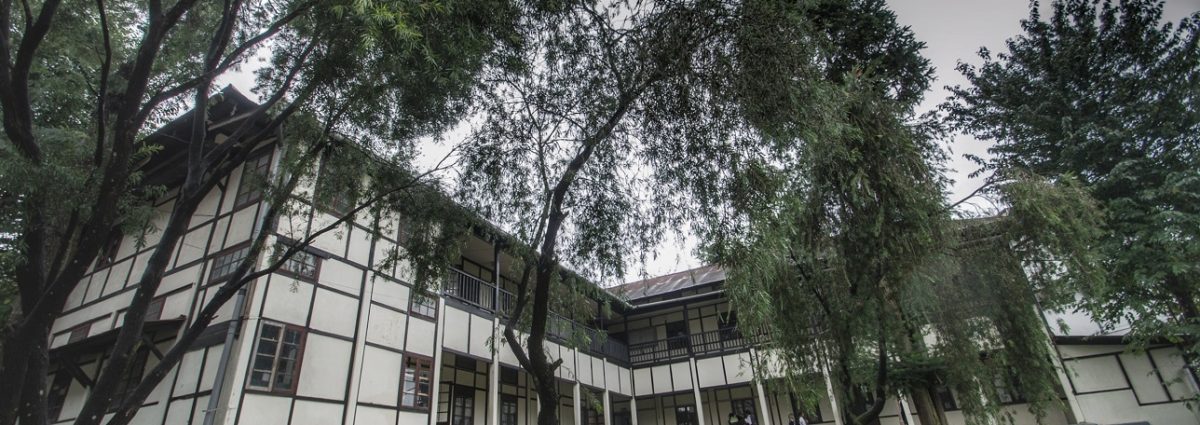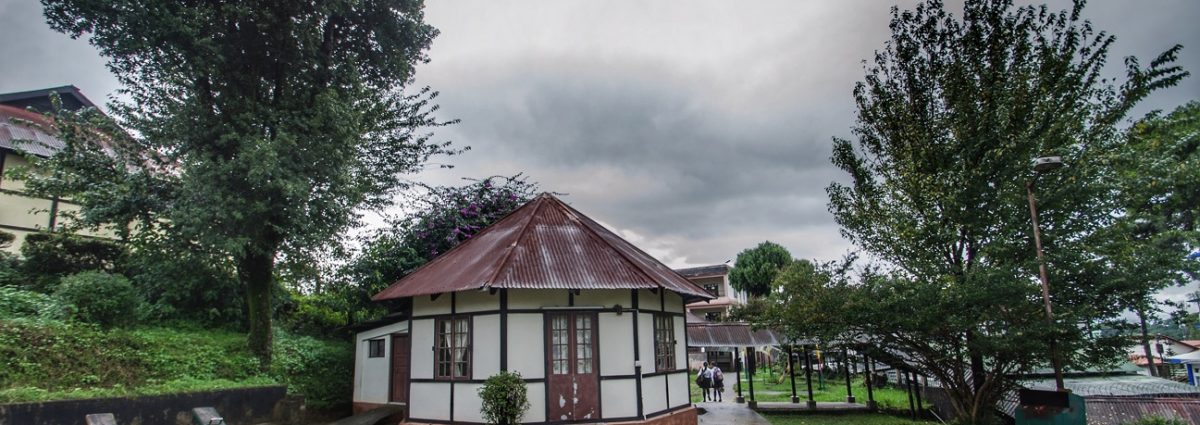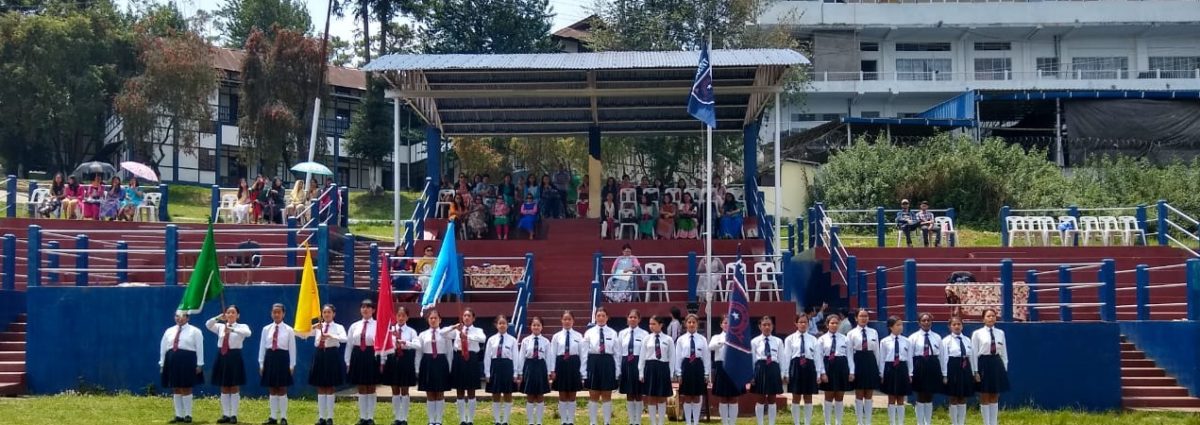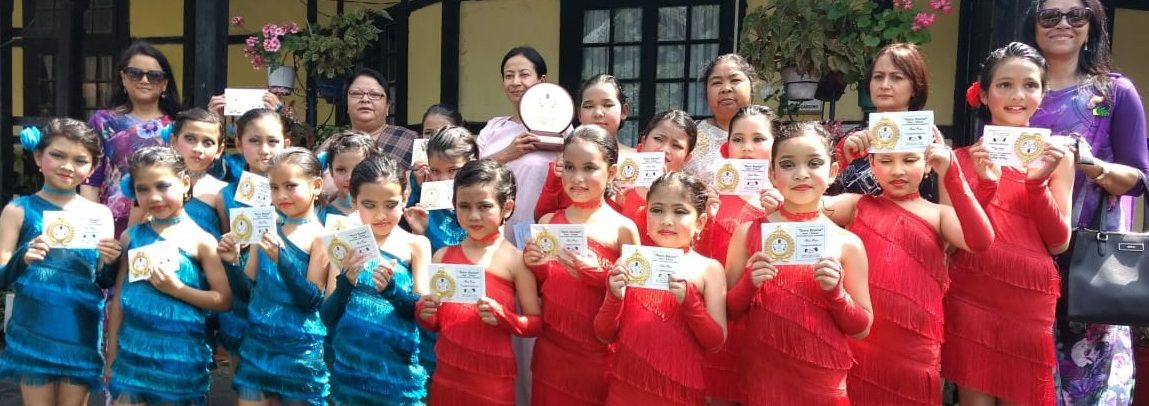Notice Board for parents & students
-
Instruction for KG interview
-
KG Online Admission 2022
-
Second list of candidates selected for provisional admission for the 2021 -22 Academic Session
-
Notice for Class XI Admission
ABOUT Pine Mount School
Pine Mount School is affiliated to the Council for the Indian School Certificate Examinations (ICSE) and Indian School Certificate (ISC)which is recognized by all universities in the Commonwealth Countries.
At present, the school has strength of about 1830 students. The School has classes from KG to Class XII. The School works five days a week (Monday – Friday). The School year ordinarily begins in the 1st week of March and ends in the 2nd week of December. It is divided into two terms, the mid-term exams are held in the month of June/July and the promotion exams in November. Termly reports of each child’s conduct and progress are given.
The oldest School Register records admission by Miss Miles, the Headmistress from the year 1900. The first name recorded on this Register is of one Lydia Fenton (born on 1-9-1883 and admitted on 6.81900). Interestingly, names of boys also appear on this same page, the first name being Jack RivettCarmae (born on 14-6-1889 and admitted on 6.8.1900).
Pine Mount School has, since Independence, become an institution open to children of all citizens. It has been raised to the Secondary status from March 1926 and to the Higher Secondary status in 1992.
School Uniform:
The School uniform consists of a navy blue pleated skirt, a long sleeved white blouse with a navy blue blazer in cold weather, and a navy blue sleeveless pullover in hot weather.
Read MoreHISTORY of the School
The oldest record in the School is dated 1900 but the school has a story even before this date, so read on… During the British Rule, the Province of Assam, which included Sylhet, the Surma Valley and the Brahmaputra Valley, was one of the remotest provinces in the country. It was only after 1826 that the Europeans and the Eurasians came into this Province and were employed In the Army, Police and Administration, Public Works Department, Post and Telegraph, Steamer service, Tea industries etc. In the affairs of the British Government, the Church of England always played a very important role and so the Church also played a very significant role in the Province of Assam which was under the jurisdiction of the Diocese of Calcutta since 1827. The Chaplians who catered to the spiritual needs of the Christians officers, personnel and the families became concerned about the well being and Education of the Europeans and especially the Eurasians children. They saw that the well to do Europeans families sent their children to Calcutta or England for education while the Eurasian children were sent to orphanages in Calcutta or Darjeeling.
Read More
